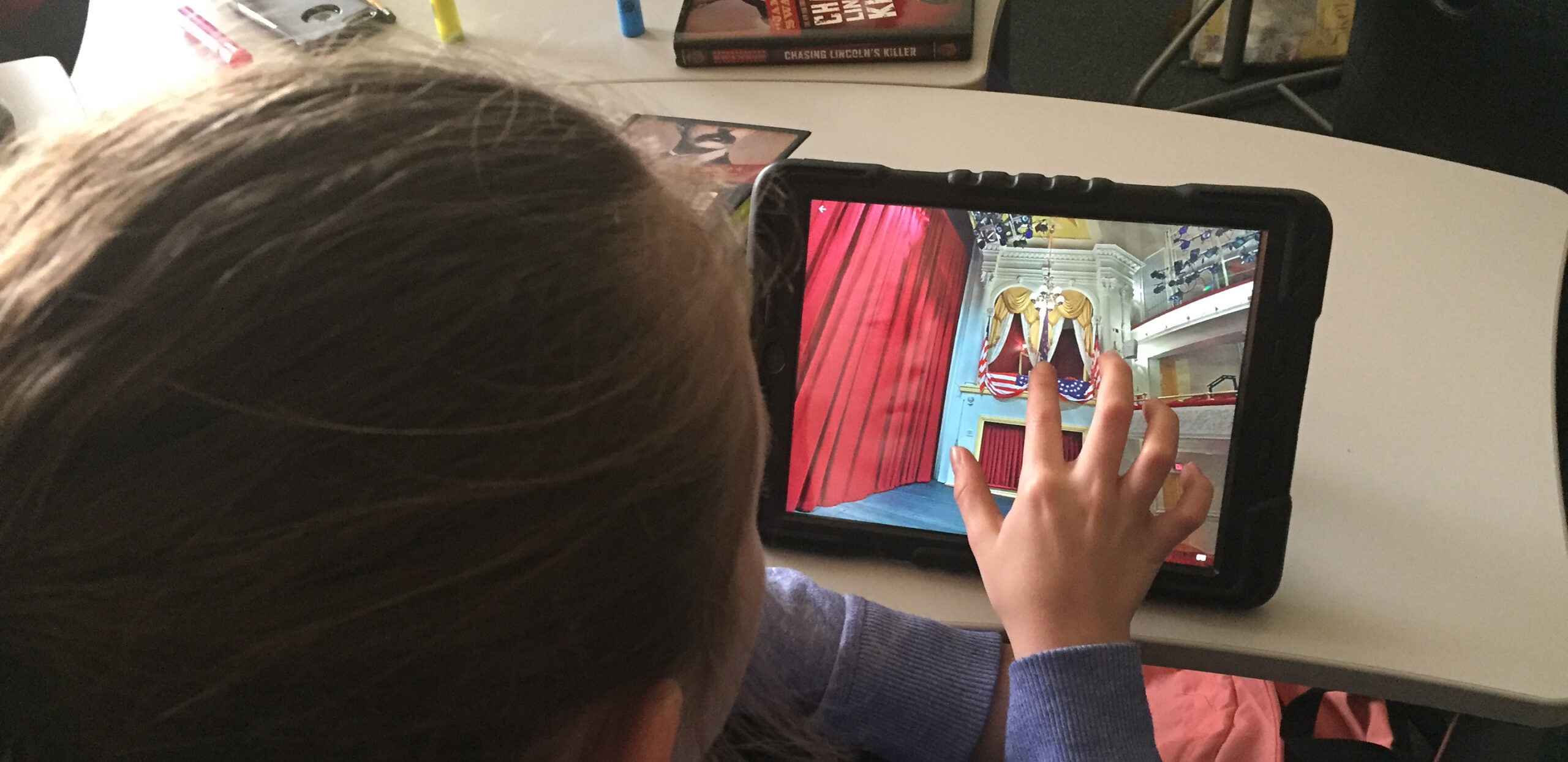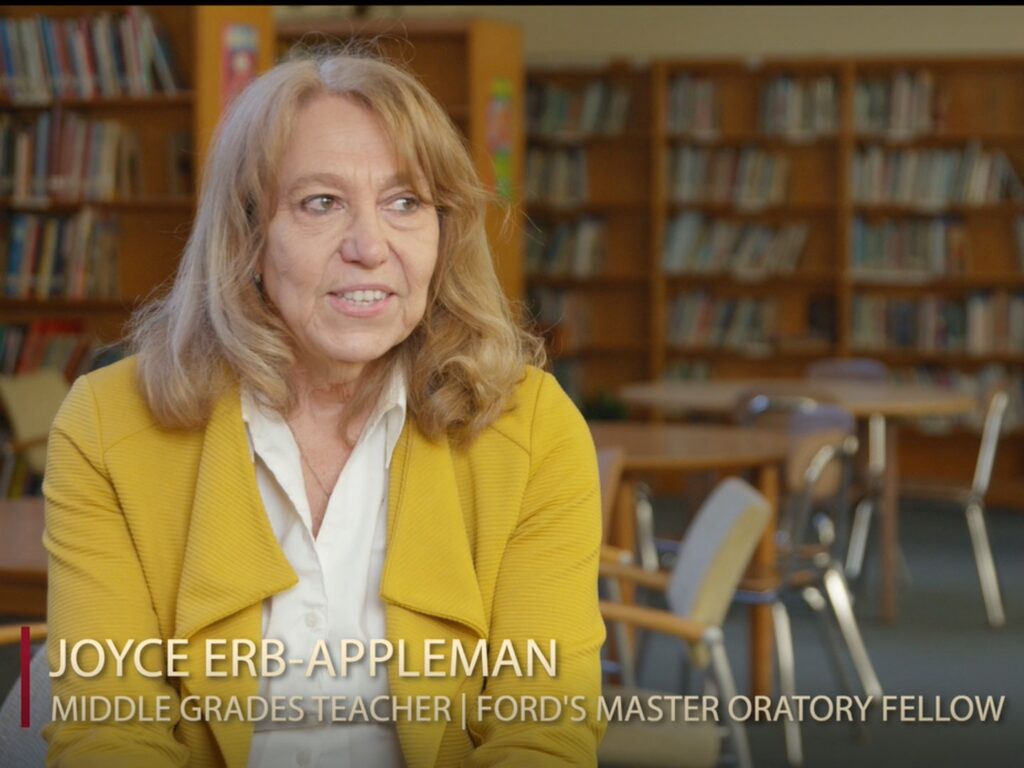
Improving Student Comprehension: Analyzing Word Choice in Primary Source Texts
My students, and probably all humans everywhere, can relate to the first time their word choices caused an unexpected reaction from a friend, family member or adult. We’ve all had those times when we instinctually respond, “but that’s not what I meant!” And then wonder, “Wait, what just happened?” Especially since tone can be hard to convey over email or text, students today witness misinterpretation of their words often.
Some of the biggest “a-ha” moments I witness in class are when we learn about word choice— that words have denotations (definitions) and connotations (accepted ideas or feelings associated with a word). Reactions my students receive to things they’ve said or texted often make more sense to them after these discussions. It is a simple transition, then, to a lesson about how word choice relates to author’s intent.

Authors make specific language choices that affects the tone (the author’s attitude) and mood of the text (the feeling the author wants to evoke in the reader). By practicing close reading, a reader can analyze language choices and better understand the author’s message.
Word choice isn’t just an ELA concern
The other day, a few of my students complained to me that their readings in history class were too hard. “Why did they write so many words back then? Why didn’t they just say what they meant,” my students asked. I reminded them that using their skills for word choice analysis might be helpful. I planned to work with their teacher to make their history readings more accessible.
Through word-choice analysis, students can learn how people communicated and conveyed information in a particular historical era. For example, Lincoln’s Second Inaugural Address includes many Biblical references. What does that tell us about his intended audience? What does that tell us about Lincoln as a speech writer and speaker?

Another thing to consider is how meaning can shift over time. In Lincoln’s Second Inaugural Address, he refers to “insurgent agents” who seek to dissolve the Union by negotiation. The word ‘insurgents’ can conjure up images of modern-day terrorists, not politicians trying to negotiate a break-up of the United States. Considering Lincoln’s word choice can help students connect with what Lincoln thought or felt about the Union or the Civil War. I offer some literary tools as a starting point and recommend a line-by-line analysis of the first paragraph of The Second Inaugural.
How this works in a social studies classroom
In the classroom, teachers can model marking up the text, including use of repetition of words or phrases, Biblical references and connotation. I recommend breaking students in small groups to tackle a paragraph, analyzing word choice and making inferences about it. At the end of this activity, each small group can share their findings.
With these tactics in use, colleagues have shared how rich a conversation their classes can have about Lincoln’s choice of the words in the clause “insurgent agents were in the city seeking to destroy it without war—seeking to dissolve the Union and divide effects by negotiation.” They see students make connections to how Lincoln made word choices to show his opposition to the politicians who had tried to break up the country. And the students develop a new understanding of the what the word “insurgent” could represent, better understanding the gravity associated with Lincoln’s characterization of these men. The students also pick up on how “Fondly do we hope, fervently do we pray, that this mighty scourge of war may speedily pass away” rhymes—and discuss why. (Maybe he wanted people to remember that line so he made it rhyme?)
With a little time invested in exploration of word-choice, students stop mentioning that their history texts are too complicated to understand. Instead they share how Lincoln was a great writer. We’re moving on to informational texts in my class soon, so maybe we’ll dive into some of Lincoln’s other speeches to explore that.
Joyce Erb-Appleman has B.S. from The Ohio State University and Walsh University and Masters in reading from Coppin State University. She has worked with elementary and middle school adolescents during her 30-year career as a Reading/Language Arts teacher, and is National Board Certified.

